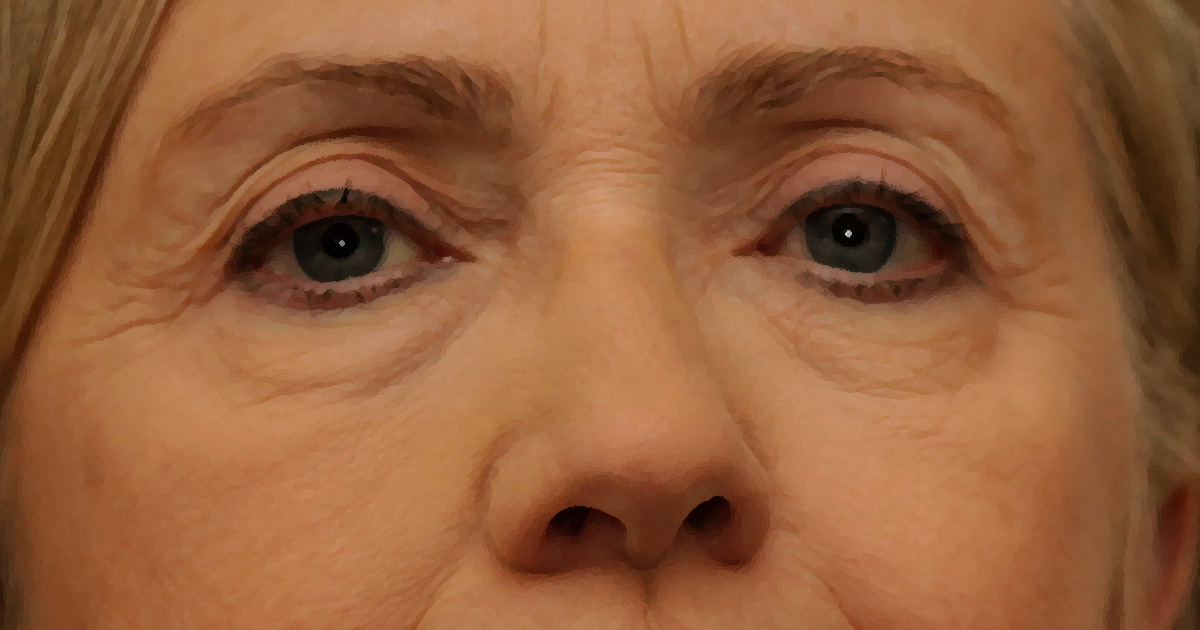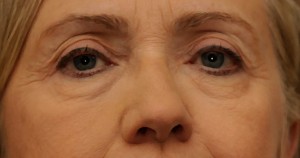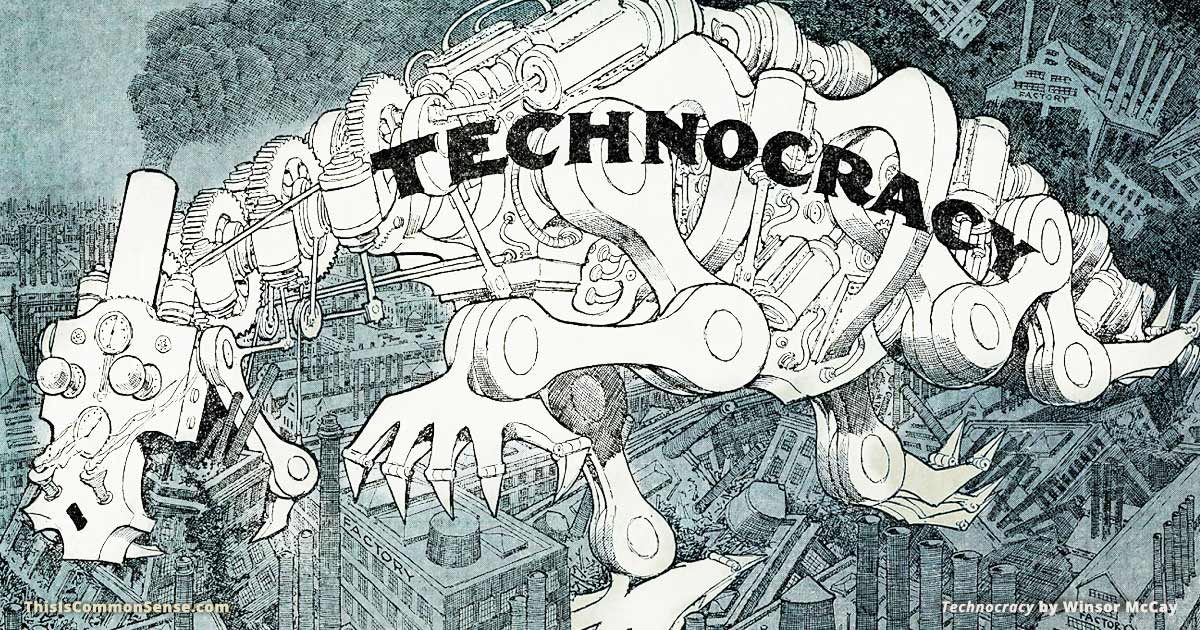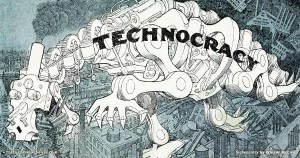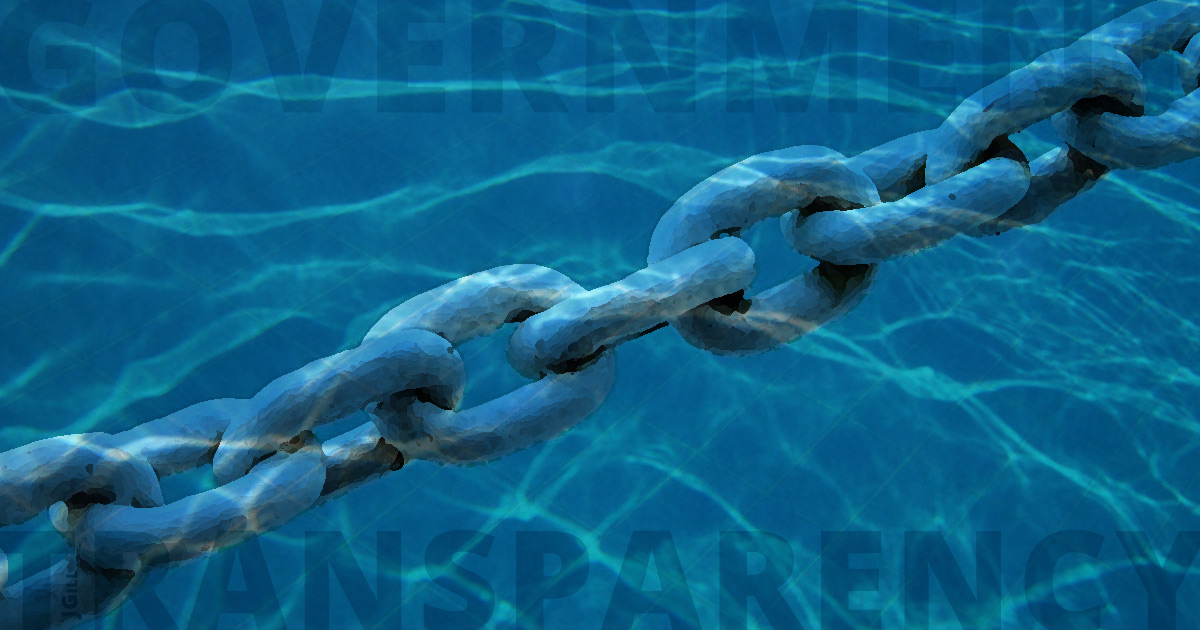Feel like Charlie Brown? That football … yanked away again.
Yesterday, FBI Director James Comey announced he’s not recommending prosecution of former Secretary of State Hillary Clinton, the presumptive Democratic presidential candidate.
“Although there is evidence of potential violations of the statutes regarding the handling of classified information,” Comey stated, “our judgment is that no reasonable prosecutor would bring such a case.” He saw the evidence as not strong enough, “especially regarding intent.”
It doesn’t appear that Mrs. Clinton purposely divulged classified material, though her “intent” in setting up a private server for State Department work was self-centered, and purposely not transparent. She was clearly more concerned with shielding her communications from the U.S. Government and the public, than shielding classified information from the Russians, Chinese, Iranians or ISIS.
While the FBI noted that Clinton and her aides lacked any apparent intent “to violate laws governing the handling of classified information,” the investigation discovered ample “evidence that they were extremely careless in their handling of very sensitive, highly classified information.”
Not a sterling report card for someone seeking to be the commander-in-chief.
Donald Trump’s negative standing with voters, 70 percent disapproval in a recent survey, may save Mrs. Clinton. Still, standing in her way remains the fact that a majority of voters just don’t trust her.
That won’t change with yesterday’s news.
“Key assertions by Hillary Clinton in defense of her email practices have collapsed under FBI scrutiny,” read the lead of an Associated Press story, detailing six public statements made by her that the investigation found to be false.
Let’s split the difference: neither prosecute Hillary nor elect her president.
This is Common Sense. I’m Paul Jacob.
Photo credit: Toms Norde / Valsts kanceleja on Flickr
